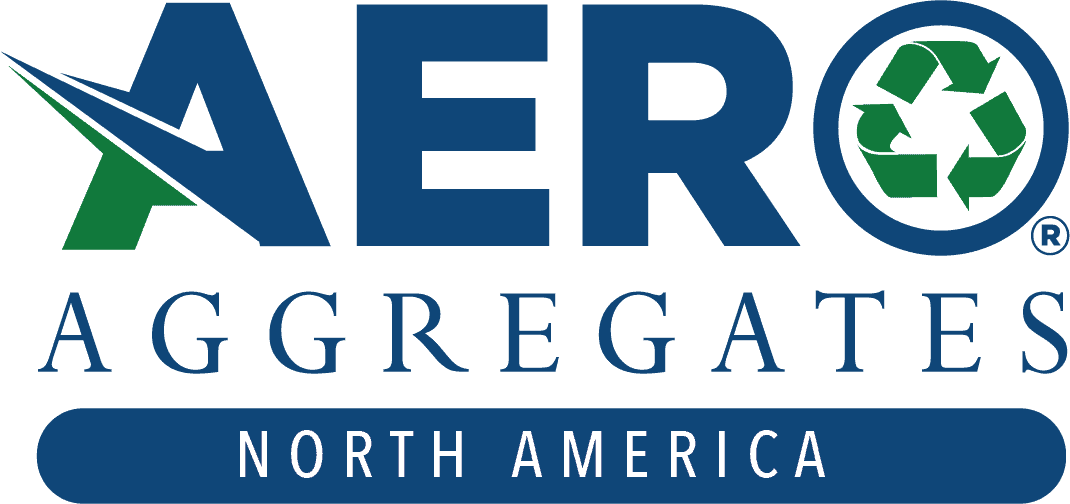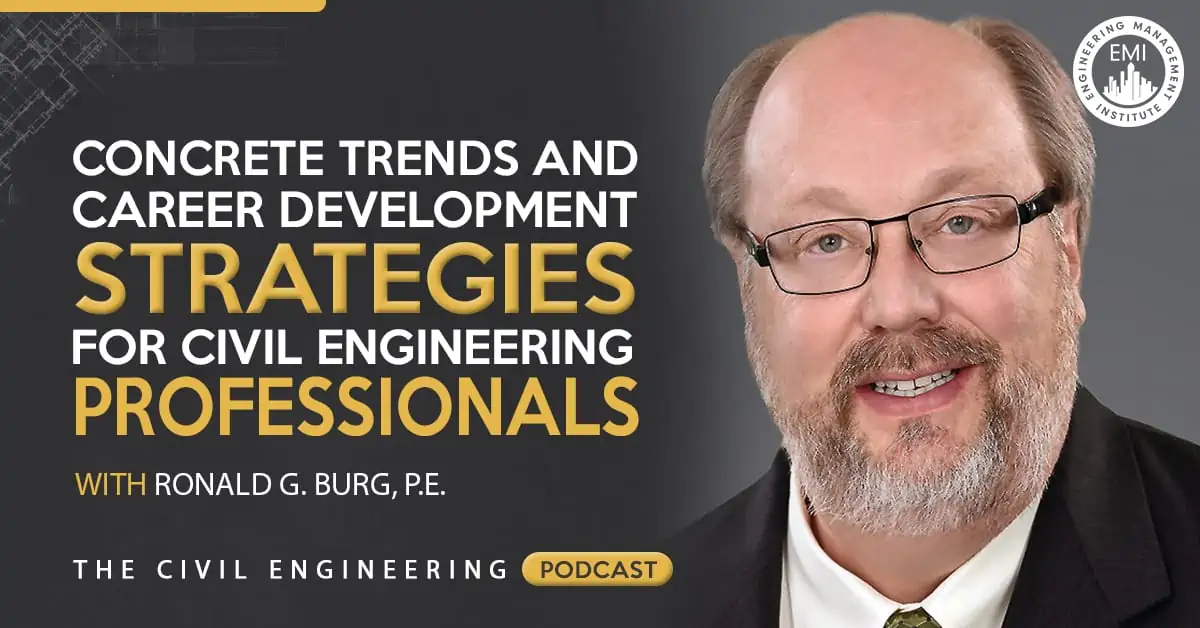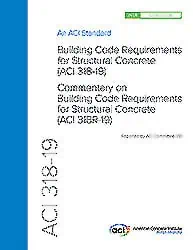Podcast: Play in new window | Download | Embed
In this episode of The Civil Engineering Podcast, I talk to Ron Burg, P.E., the Executive Vice President of the American Concrete Institute, also known as ACI. Ron discusses some interesting trends in the world of concrete, but also provides some important strategies for career development for civil engineering professionals based on his long and successful career journey.
Engineering Quotes:
Here Are Some of the Questions I Ask Ron:
- What is ACI’s mission and who does ACI serve?
- What is the difference between the professional and trade associations?
- How does the public benefit from the work of professional engineering societies?
- What made you decide to get involved on construction sites?
- What are some of the benefits of joining engineering professional societies?
- How can performance-based design play a role in concrete?
- What does consensus-based standards mean?
- What are some of the trends going on in the concrete industry?
- How can engineers become more involved in the concrete industry?
Here Are Some Key Points Discussed in This Episode About Concrete Trends and Career Development Strategies:
- ACI, founded in 1904, is a professional organization as opposed to a trade organization. ACI’s mission is to develop, disseminate, and advocate for the adoption of ACI consensus-based information on concrete and its uses. ACI serves the concrete industry specifically, but as a professional association, they also serve the public and write codes and standards that guide how construction is designed and executed.
- A trade organization advocates for the use of a very specific material, whereas a professional organization doesn’t have that advocacy role to play. It deals more with the theory and science behind a particular facet of the engineering world.
- Getting out in the field and gaining hands-on experience is extremely important, especially when you are planning a career in designing or specifying something for somebody else to build.
- Joining engineering professional societies allows you to meet the “giants” of the industry who wrote some of the building codes and standards. It also allows you to give back to a profession that supported you in your career development. Equally important is that it helps you to understand many of the design roles and construction protocols that engineers follow in their normal course of work.
- The public benefit from professional associations in ways that they very often don’t even realize, as there are very few building failures in the long run. It is often taken for granted that the engineers are doing their job properly and that building codes are working.
- A consensus document is a document that has gone through a rigorous process to make sure that everybody’s viewpoints are considered. People can vote negative on a particular phase of a document that has to be dealt with in a systematic way. The result of a consensus document is that it represents the best thinking of a collective group of experts.
- As we see more of an emphasis on reducing embodied carbon in buildings and in structures, we are going to see more of a need to be creative with our designs and solutions, and the performance side will have a bigger role to play.
Some of the Most Significant Trends in the Concrete Industry Are:
- Sustainability: Looking to be more sustainable and reducing the amount of embodied carbon and energy in concrete.
- Resilience: Trying to phase out building a building that must be rebuilt in 10 years because of environmental factors by making the structure more sustainable.
- Nanotechnology: What are some of the unusual new things that we are learning about that might be beneficial in concrete, e.g., the role graphene plays in concrete.
More Details in This Episode…
About Ronald G. Burg, P.E.

An ACI member since 1984, Burg is a Fellow of ACI and has been active in the Institute. Previously, he served on ACI’s Board of Direction, and is a past member and Chair of ACI’s Technical Activities Committee. Burg is a member and past Chair of ACI Committee 363, High-Strength Concrete, and has served on several other ACI committees, including 130, Sustainability of Concrete; 209, Creep and Shrinkage in Concrete; 213, Lightweight Aggregate and Concrete; 311, Inspection of Concrete; and Joint ACI-TMS Committee 216, Fire Resistance and Fire Protection of Structures. Additionally, Burg served on the Certification Programs Committee, Educational Activities Committee New Programs Task Force, Financial Advisory Committee, and Responsibility in Concrete Construction Committee.
Burg has authored numerous papers and publications dealing with the response of cementitious materials to elevated temperatures and harsh environmental conditions; the design, analysis, and production of high-strength concrete and lightweight concrete; thermal performance of various building materials; long-term, non elastic behavior of concrete; and heat development in high-strength concrete mixtures. In 2001, Burg and his co-authors received the ACI Wason Medal for Materials Research for their Concrete International article on “Compression Testing of HSC: Latest Technology.”
A licensed professional engineer in a number of states, Burg received his BS in civil engineering from Iowa State University in 1977. He has held membership with several other industry associations, including the Construction Institute of the American Society of Civil Engineers, Precast/Prestressed Concrete Institute, and ASTM International.
Books Mentioned in this Episode:
The 7 Habits of Highly Effective People: Powerful Lessons in Personal Change
Building Code Requirements for Structural Concrete
Sources/References:
American Concrete Institute
Connect with Ron on LinkedIn
American Society of Civil Engineers
This Week in Civil Engineering (TWiCE)
Civil Engineering Collective


Please leave your comments or questions in the section below on concrete trends and career development strategies.
To your success,
Anthony Fasano, P.E., LEED AP
Engineering Management Institute
Author of Engineer Your Own Success








